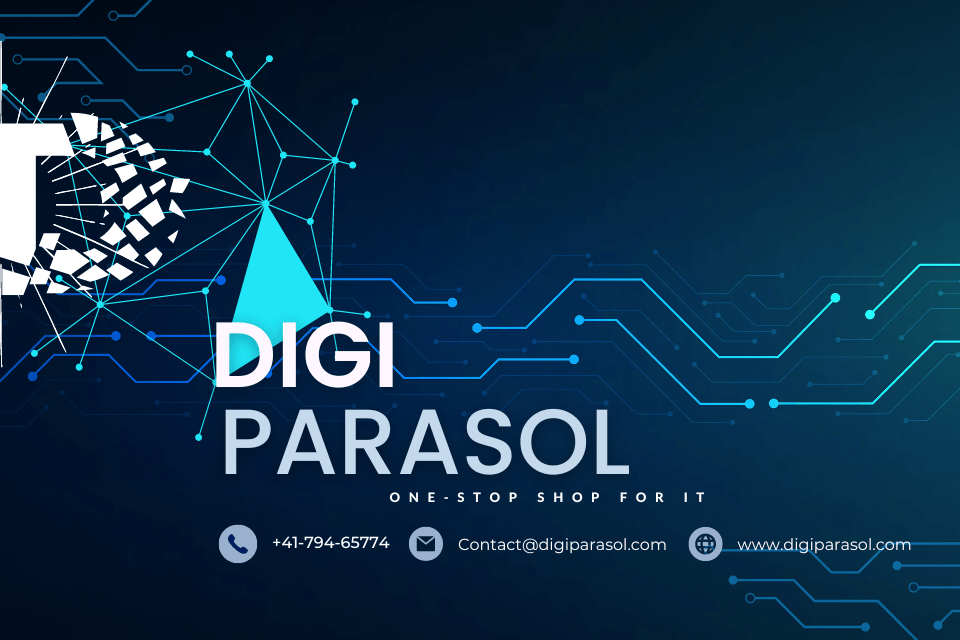Navigating the Post-Interview Analysis Process: Benefits and Tips
After completing a job interview, many candidates simply wait to hear back from the hiring manager. However, taking the time to analyze the interview experience can provide valuable insights and help improve future job-seeking efforts. In this blog post, we will discuss the benefits of navigating the post-interview analysis process and provide tips on how to get started.
Benefits of Post-Interview Analysis
1. Identify Strengths and Weaknesses: Analyzing the interview allows candidates to identify areas where they excelled and areas where they may need improvement. Understanding these strengths and weaknesses can help candidates better prepare for future interviews.
2. Learn from Mistakes: It is natural to make mistakes during an interview, but reviewing these mistakes can help prevent them from happening again. Candidates can learn from their missteps and adjust their approach for future interviews.
3. Gain Confidence: By reflecting on the interview experience and focusing on their accomplishments, candidates can build confidence in their abilities. This confidence can be seen during future interviews, making a strong impression on potential employers.
4. Clarify Goals: The post-interview analysis process can also help candidates clarify their career goals and priorities. By understanding what they are looking for in a job and company, candidates can make more informed decisions during their job search.
Tips for Getting Started
1. Take Notes: During or immediately after the interview, take detailed notes on the questions asked, your responses, and any key takeaways. These notes will serve as a valuable resource during the post-interview analysis process.
2. Reflect on the Experience: Take some time to reflect on the interview experience, thinking about what went well and what could have been improved. Consider how you felt during the interview and any feedback provided by the interviewer.
3. Seek Feedback: If possible, ask the interviewer for feedback on your performance. This feedback can provide valuable insights into areas where you may need to improve and help guide your future interview preparation.
4. Review Your Resume: Compare the questions asked during the interview with the information on your resume. Make note of any discrepancies or areas where you could have provided more detail.
Essential Equipment for Post-Interview Analysis
1. Notebook or Journal: A notebook or journal is essential for taking notes during the interview and recording your reflections afterward. Choose a notebook that you can easily carry with you to interviews.
2. Pen or Pencil: A good writing instrument is essential for taking notes and jotting down thoughts during the post-interview analysis process. Choose a pen or pencil that is comfortable to write with and won’t smear or smudge.
3. Laptop or Computer: A laptop or computer is helpful for organizing your notes, preparing for future interviews, and researching potential employers. Make sure your device has a reliable internet connection and sufficient storage space for your job search materials.
4. Interview Guidebook: An interview guidebook can provide valuable tips and strategies for navigating the interview process. Choose a guidebook that is relevant to your industry and job level, and refer to it for guidance on preparing for future interviews.
In conclusion, navigating the post-interview analysis process can provide numerous benefits for job seekers, including identifying strengths and weaknesses, learning from mistakes, gaining confidence, and clarifying career goals. By following the tips outlined in this blog post and using the essential equipment for post-interview analysis, candidates can improve their interview skills and increase their chances of landing their dream job.


